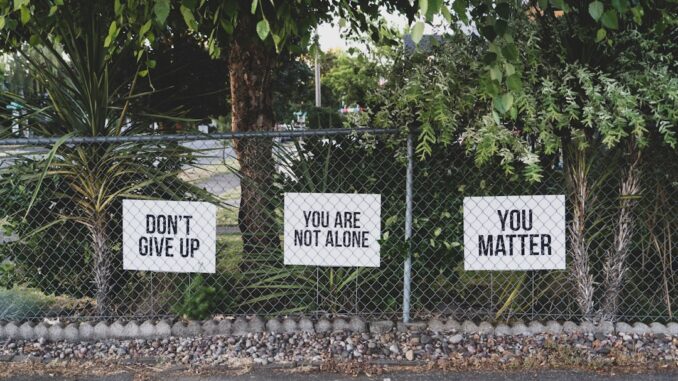
Opioid addiction has become a pervasive issue, affecting millions across the United States. Comprehensive Treatment Centers (CTCs) have emerged as a vital resource in addressing this crisis, offering a holistic approach to recovery that integrates medication-assisted treatment (MAT) with counseling services.
Understanding Comprehensive Treatment Centers
CTCs are specialized facilities designed to provide a structured and supportive environment for individuals battling opioid addiction. They combine MAT—using FDA-approved medications like methadone, buprenorphine, and naltrexone—to alleviate withdrawal symptoms and cravings, with counseling services that address the psychological and emotional facets of addiction. This dual approach aims to equip individuals with the tools necessary for long-term recovery.
The Role of Medication-Assisted Treatment
MAT serves as a cornerstone in opioid addiction recovery. Medications such as methadone and buprenorphine help stabilize brain chemistry, reduce cravings, and diminish the euphoric effects of opioids, thereby decreasing the potential for misuse. For instance, methadone has been a long-standing treatment option, effectively reducing withdrawal symptoms and cravings, allowing individuals to focus on their recovery journey. (recoveryindianapolis.com)
Integrating Counseling Services
While MAT addresses the physical dependence on opioids, counseling services tackle the underlying psychological and emotional issues contributing to addiction. CTCs offer various therapeutic modalities, including individual counseling, group therapy, and family therapy. These sessions provide a platform for individuals to explore the root causes of their addiction, develop coping strategies, and build a supportive network. For example, group therapy sessions at CTCs allow individuals to share experiences and support each other, fostering a sense of community and understanding. (ctcprograms.com)
Tailored Treatment Plans
Recognizing that each individual’s journey to recovery is unique, CTCs develop personalized treatment plans. These plans consider factors such as the severity of addiction, co-occurring mental health disorders, and personal goals. By tailoring treatment, CTCs enhance the effectiveness of recovery efforts, ensuring that individuals receive the most appropriate care for their specific needs. (recreateohio.com)
Supportive Environment and Aftercare
A key component of CTCs is the creation of a supportive environment that fosters recovery. This includes providing access to peer support groups, educational programs, and life skills training. Aftercare planning is also integral, offering ongoing support to help individuals maintain sobriety and reintegrate into society. For instance, aftercare planning at Recreate Ohio involves building coping skills and developing relapse prevention strategies, connecting individuals to community resources such as housing assistance and employment opportunities. (recreateohio.com)
Success Stories and Community Impact
The effectiveness of CTCs is evident in numerous success stories. In Hancock County, Ohio, the implementation of a comprehensive system focusing on treatment and recovery, including the establishment of drug courts and educational programs, has led to a notable decline in overdose deaths. This approach aligns with expert recommendations, demonstrating the potential for significant improvements using settlement funds. (apnews.com)
Challenges and Considerations
Despite their successes, CTCs face challenges such as limited access in rural areas and the need for continuous funding. Efforts like the Modernizing Opioid Treatment Access Act aim to expand access to MAT by allowing pharmacies to provide methadone and enabling healthcare providers to prescribe take-home doses, potentially increasing the reach of CTCs. (en.wikipedia.org)
Conclusion
Comprehensive Treatment Centers play a pivotal role in the recovery journey for individuals struggling with opioid addiction. By integrating medication-assisted treatment with counseling services, they address both the physical and psychological aspects of addiction, offering a holistic approach to recovery. As communities continue to combat the opioid crisis, the support and services provided by CTCs remain a lifeline for many seeking a path to sobriety.
References


Be the first to comment